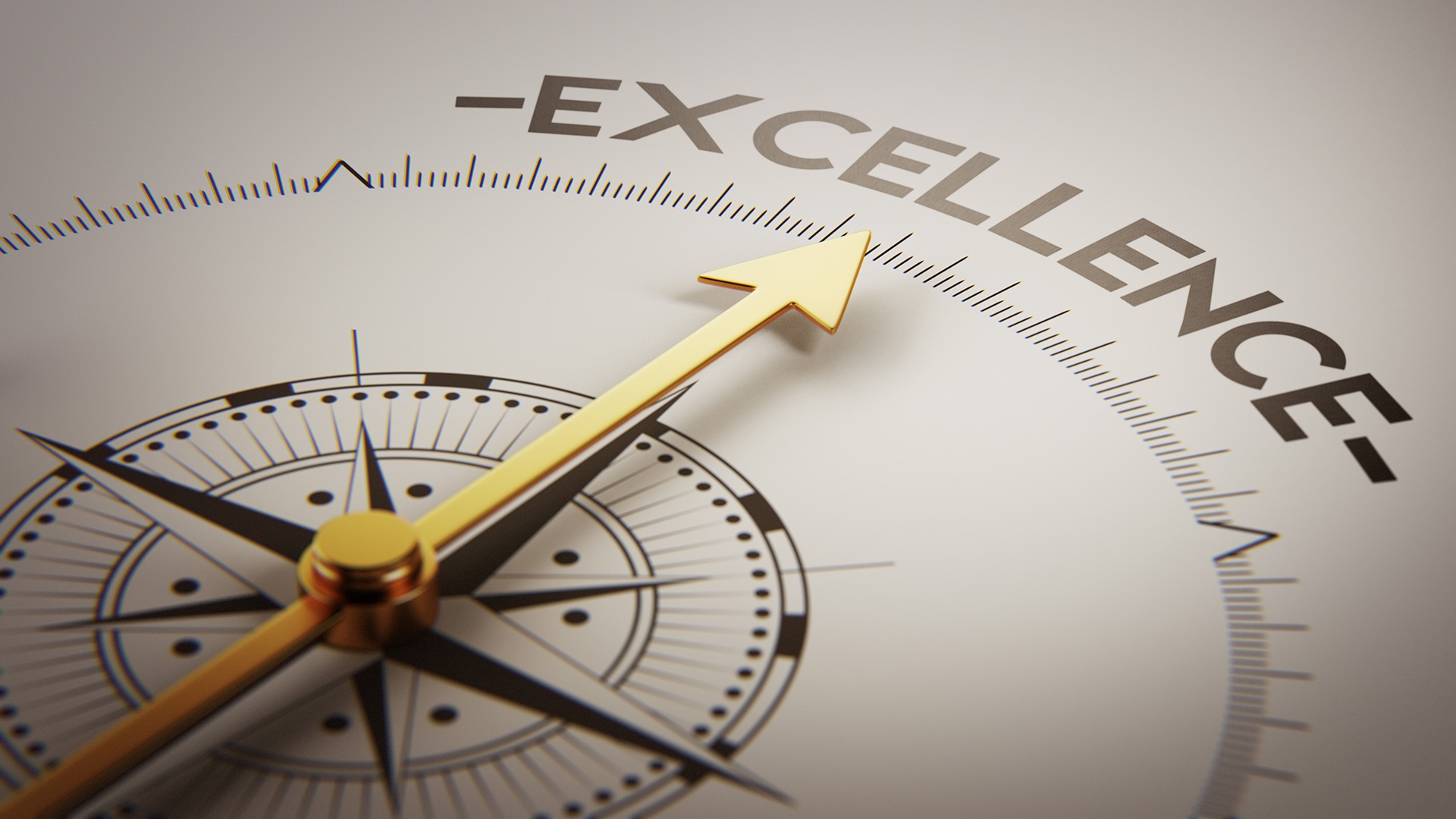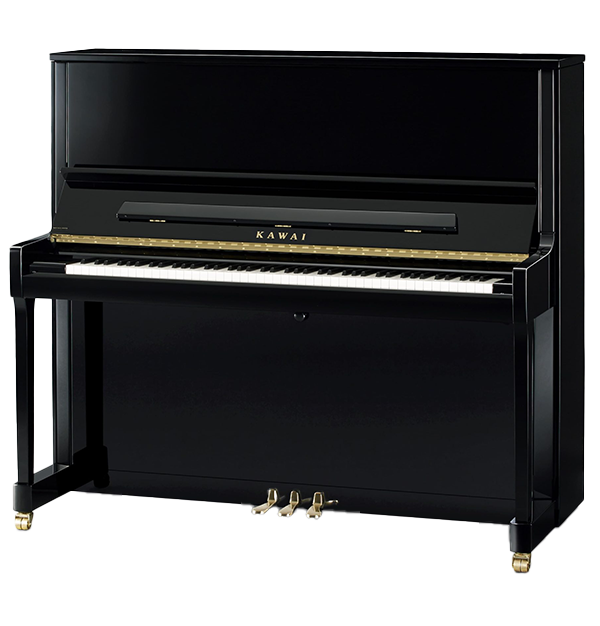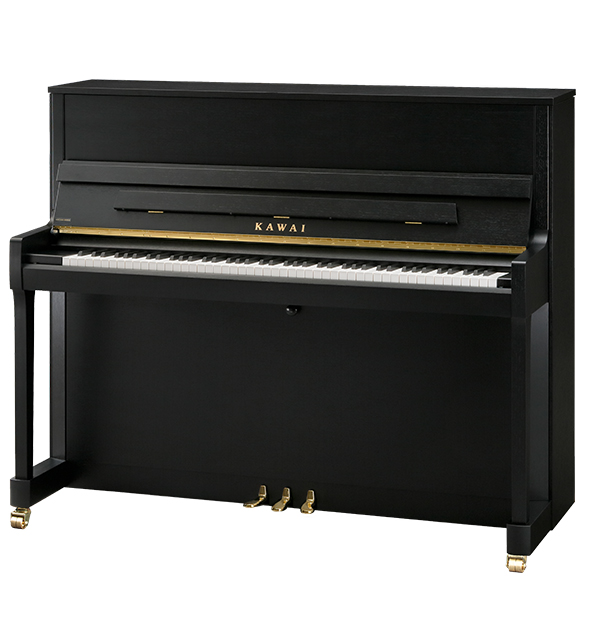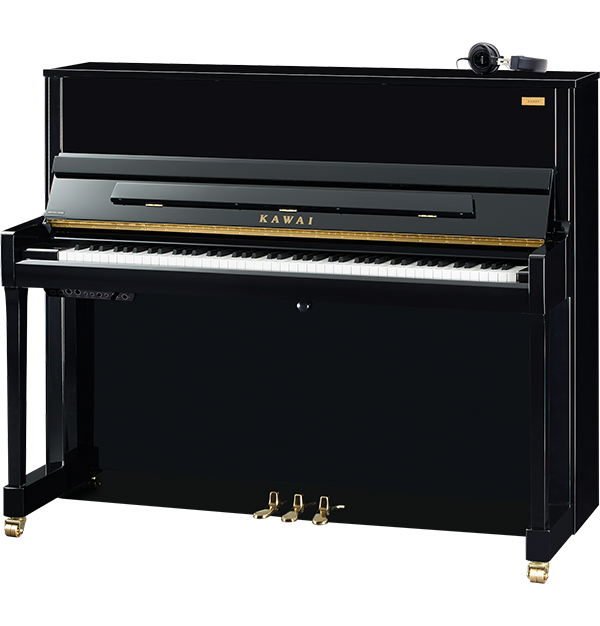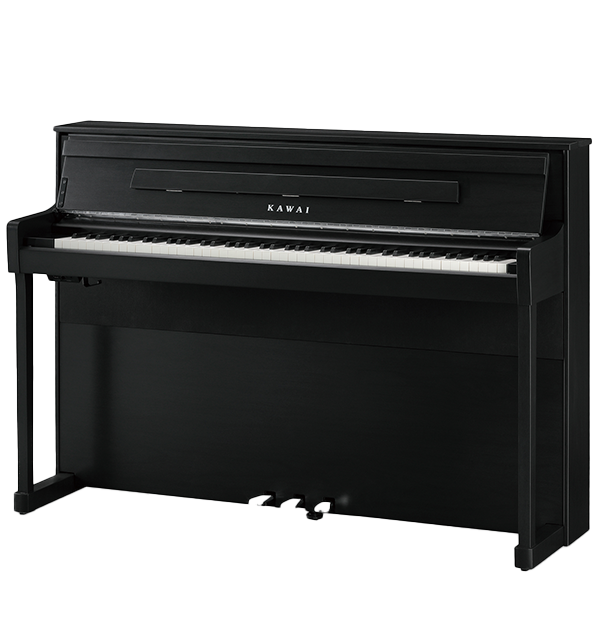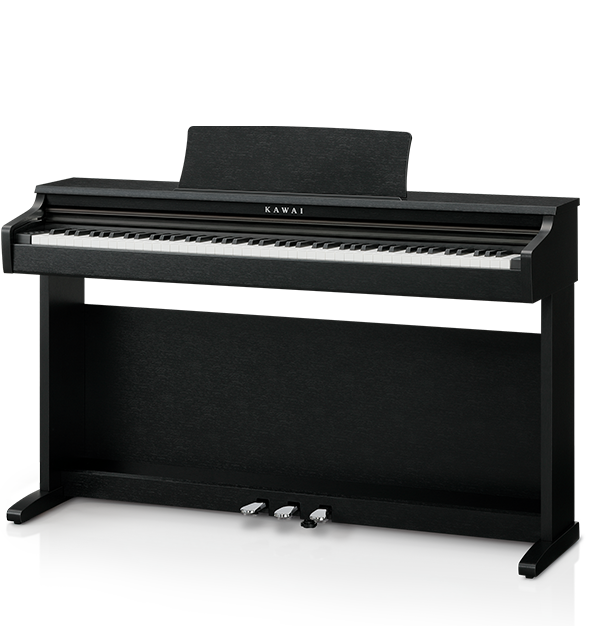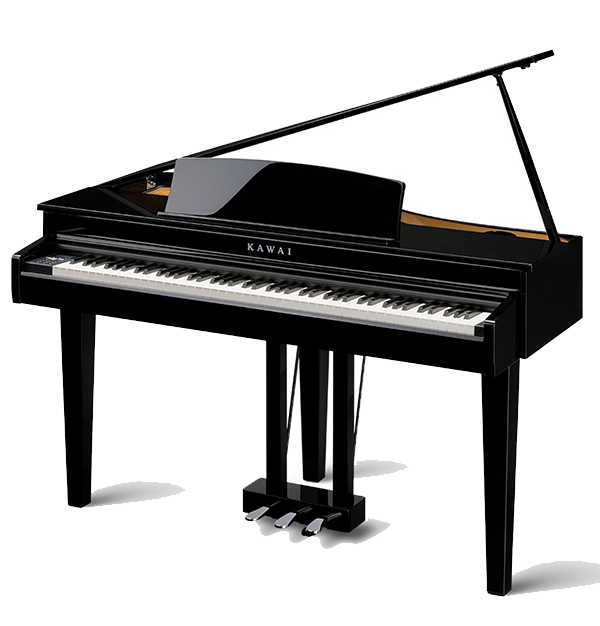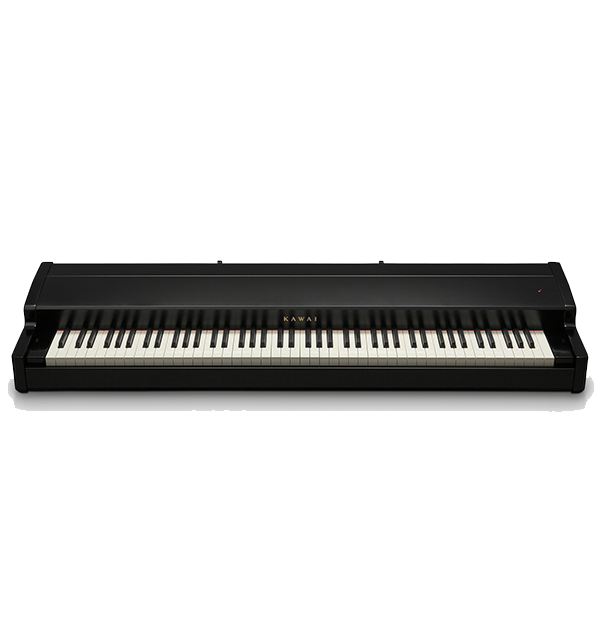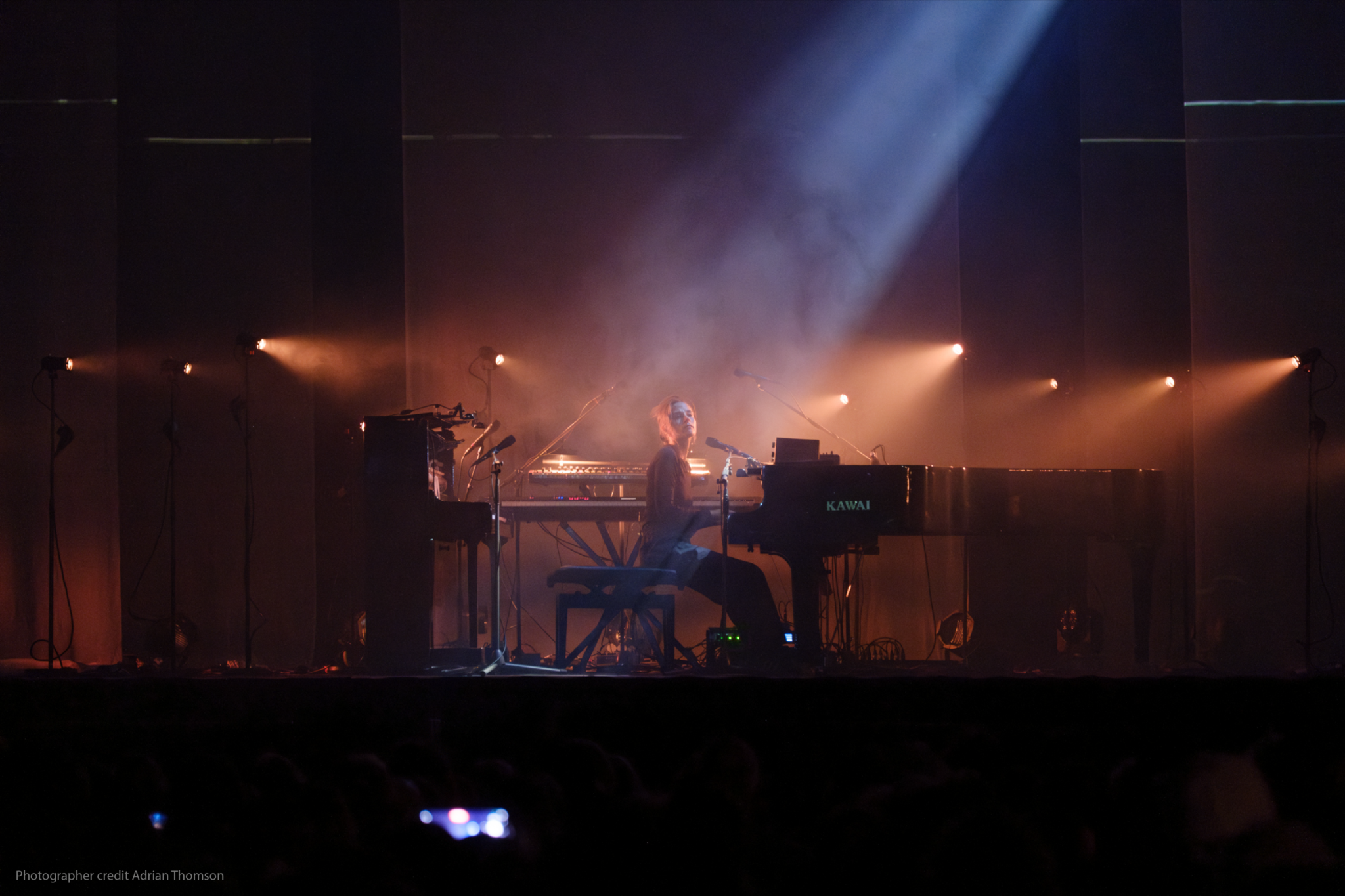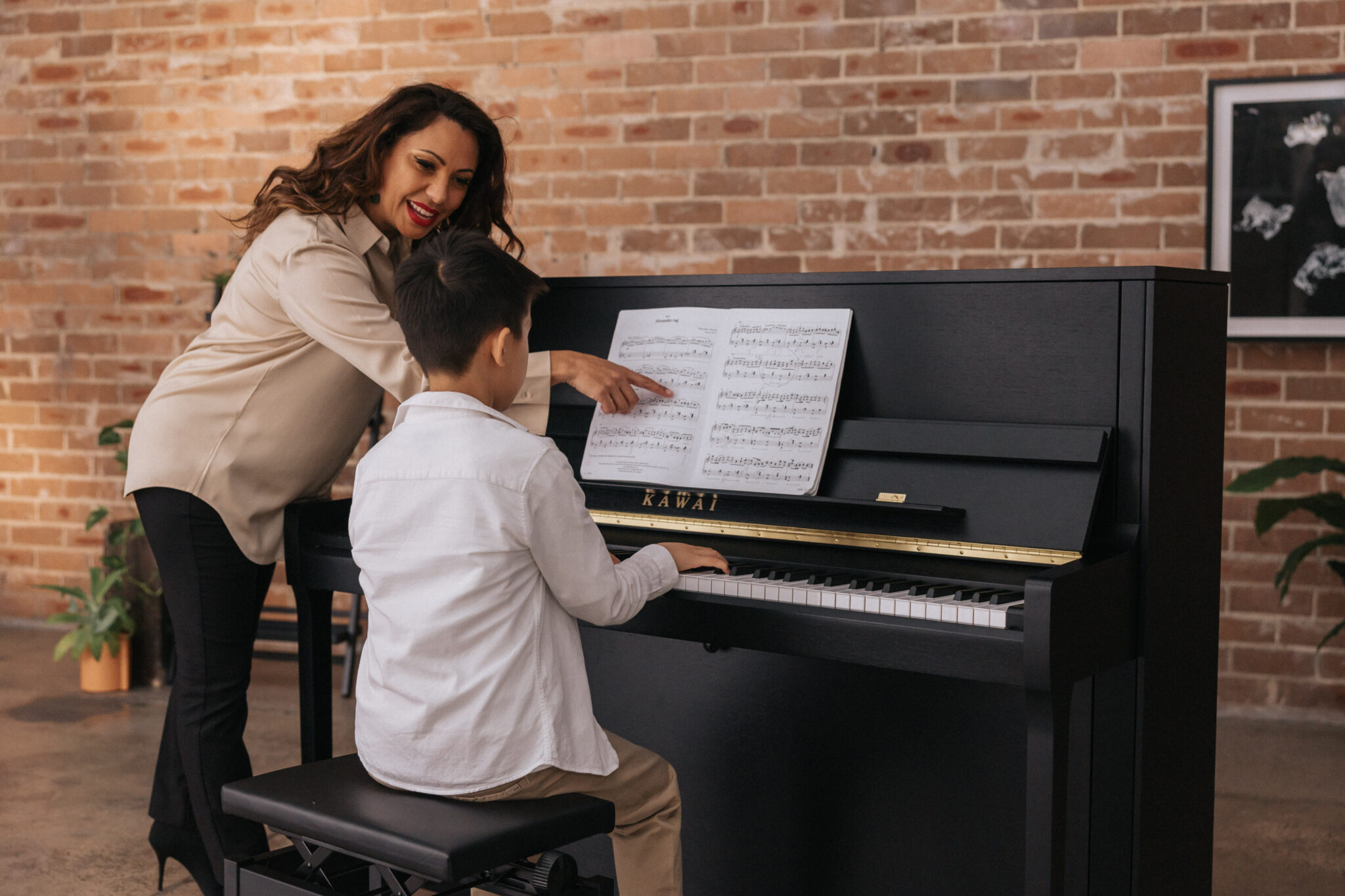On the face of it, it might not seem that classical musicians and elite athletes have much in common, though one could certainly argue that Roger Federer’s backhand is a work of art. We think of virtuosity in different fields as requiring different kinds of skills, so while we might be able to find the world’s fastest pianist or the saxophonist with the biggest lung capacity, that’s not what we look for in a performance.
There’s something in art that isn’t quantifiable in the same way that we record and measure and compare sporting accomplishment, but musicians and athletes alike spend years honing their skills, they are required to execute rehearsed practices with extreme accuracy and consistency, and when they make it to the top, they find crushing levels of pressure.
Becoming an elite anything doesn’t happen overnight. It often takes years of late nights, early mornings, thousands of lessons, tens of thousands of hours of practice (not to mention luck! to those who believe in it), often accompanied by a significant financial investment. Of course, it makes sense that people only show such dedication or single-mindedness for something they are really passionate about – something they can’t help but be inspired by every day.
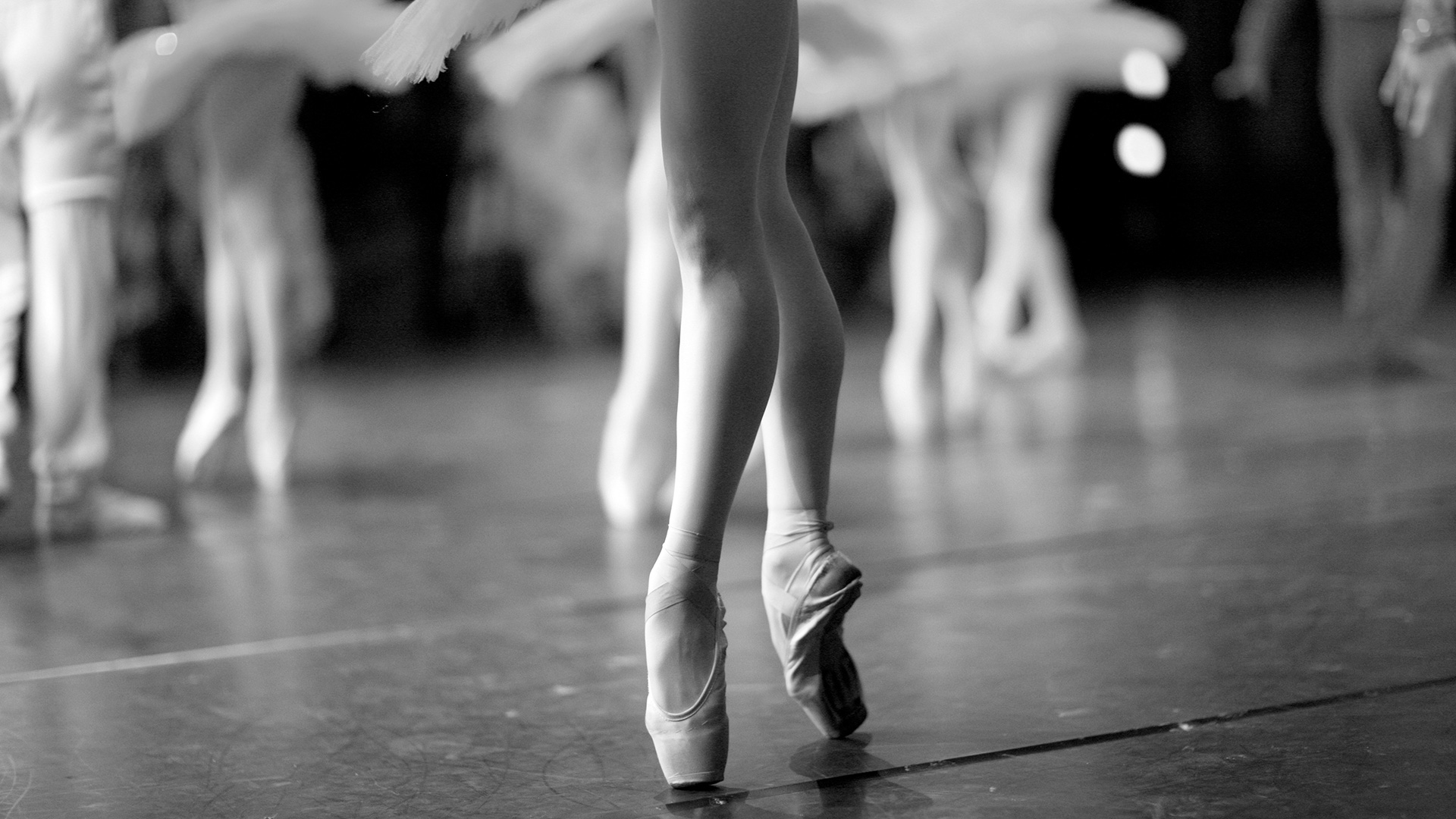
Athletes practice and rehearse specific feats, unattainable to the average person – to jump a particular height, swim a particular speed or lift a particular weight, at a personal best. For musicians, the same can be said for consistently nailing those thorny, treacherous passages that composers of old have bestowed on performers across time.
The greatest challenge of all is to achieve these feats under pressure. The Yerkes-Dodson Law describes an optimal relationship between pressure and performance, where performance increases with physiological or mental arousal (stress), but only up to a point. When the level of stress becomes too high, performance decreases. Too little arousal and the basketball player might not have the focus necessary to make the shot. Too much arousal, and the shot might be missed.
There are plenty of examples of great classical musicians who struggled to cope with the stress of performance. Vladimir Horowitz used to get so anxious, he sometimes had to be pushed on stage. Benjamin Britten’s nerves often made him physical ill before a recital, and Yehudi Menuhin suffered from anxiety towards the end of his career. Pablo Casals, Arthur Rubinstein and Luciano Pavarotti are also reported to have struggled with performance anxiety at various points in their careers.

Studies have shown that some musicians sustain a heart rate equivalent to moderate-to-heavy exercise for a recital, sometimes even reaching their maximum theoretical heart rate for difficult works (think Bartok’s Suite Op.14, Ravel’s Gaspard de la nuit or Balakirev’s Islamey). An article in the Journal of Occupational Medicine and Toxicology from 2008 noted that “musicians, especially soloists, must be aware of the energy surge their heart will need while performing in a concert, and must be prepared for it both with psychological coping techniques and by undergoing an adequate physical conditioning.” Their findings encouraged professional musicians to observe healthy life habits in order to promote cardiovascular health.
We salute those who strive for excellence. It is part of the core philosophy that drove our founder, Koichi Kawai, nearly a century ago, and it drives us today, and whether your perfect performance is measured in milliseconds or only in the hearts and minds of your audience – or in the perfect piano – we salute you. Keep striving.
